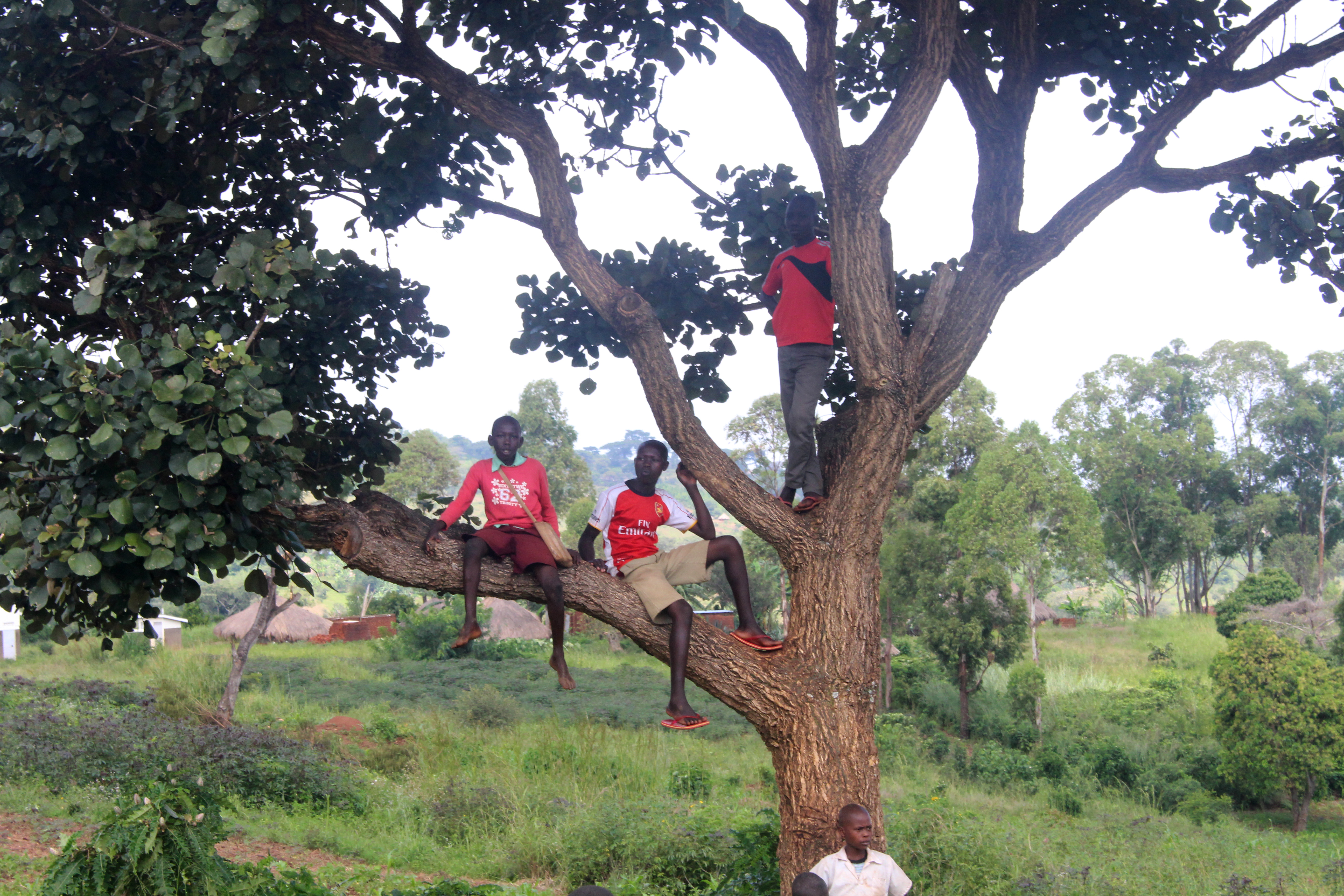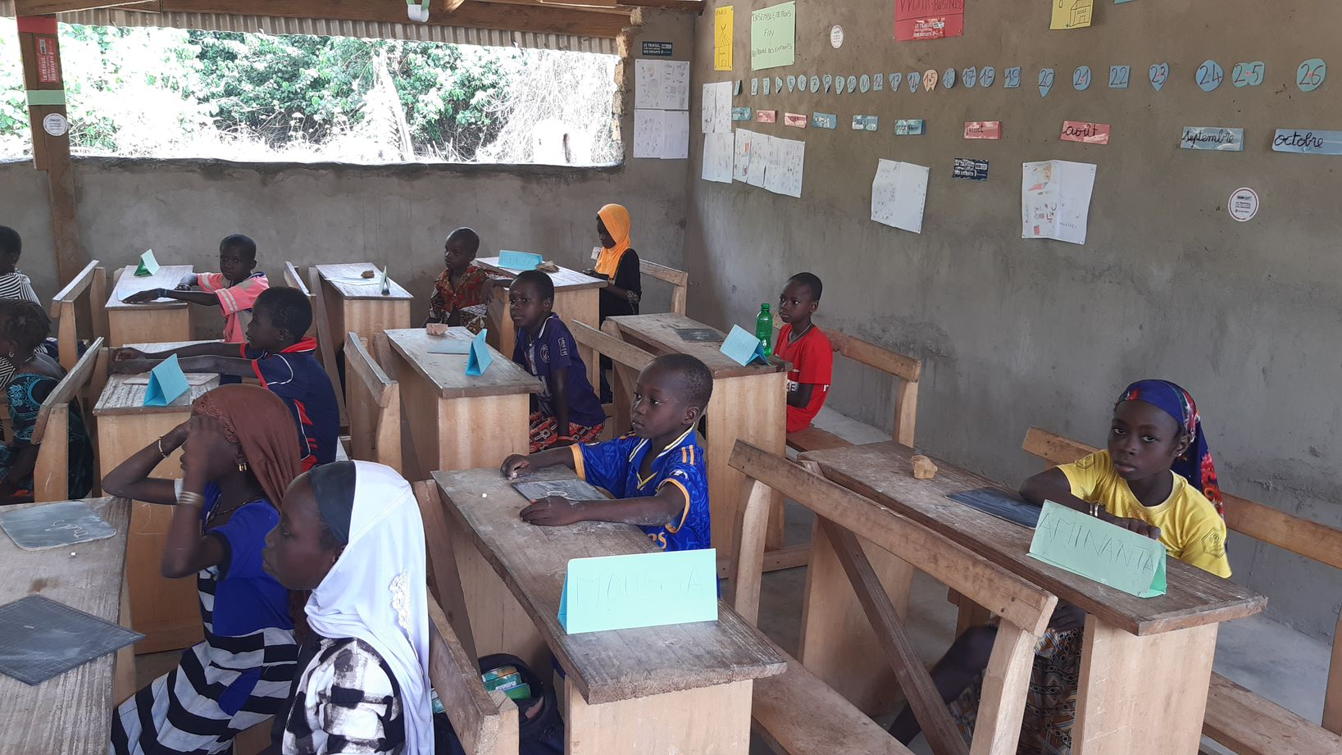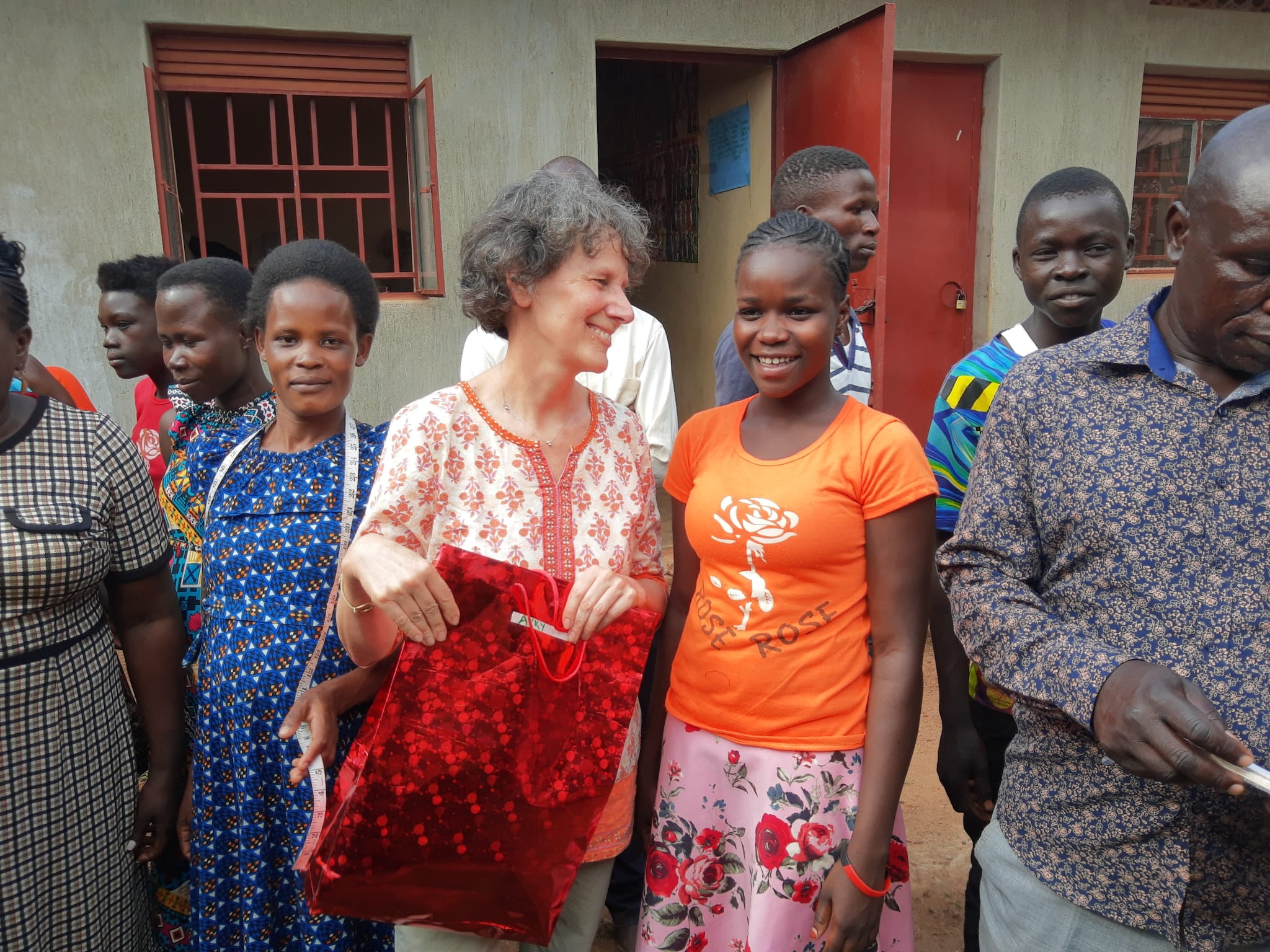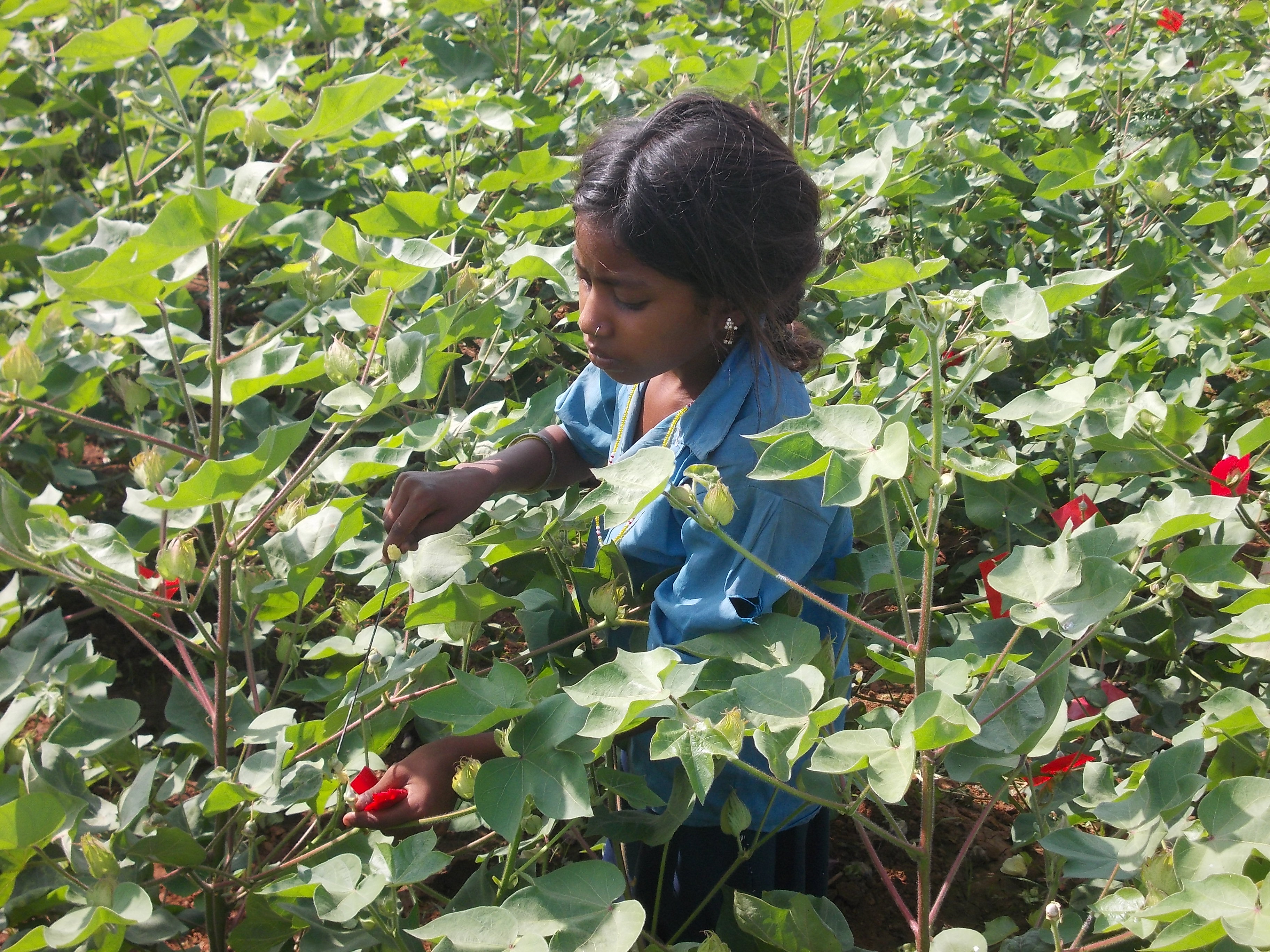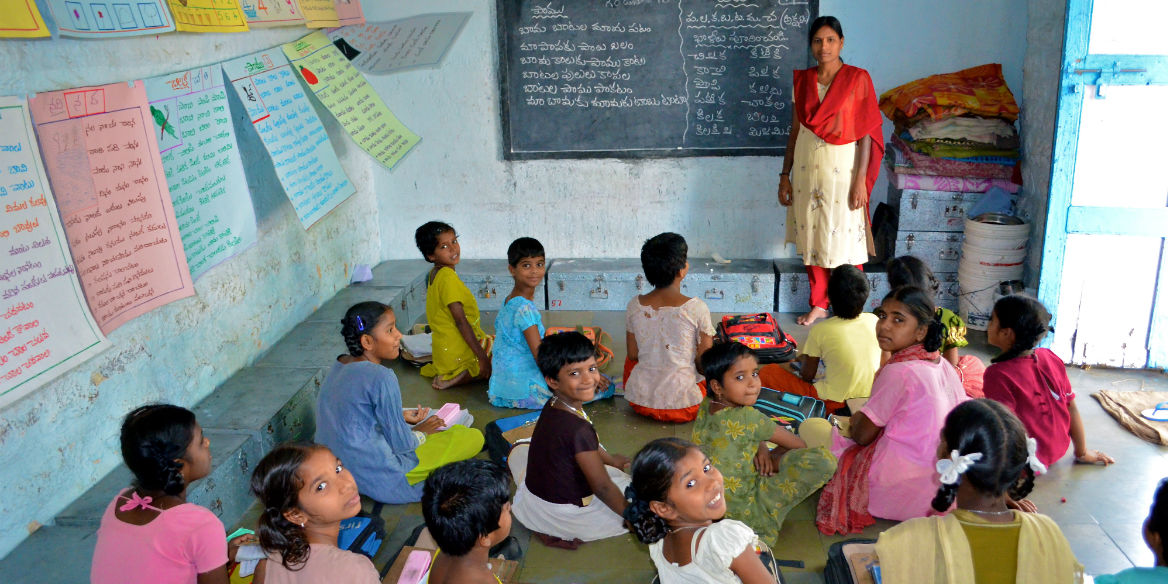In November 2017, the first training sessions on Business and Human Rights, that are planned under the ‘Getting Down to Business’ programme (2017 -2019), took place in Uganda and Mali. In both countries there was a lot of interest in this training, which was organized as a first step towards the further collaboration between local organizations and companies in setting up child labour free zones. Each sector has different challenges and opportunities with regard to such collaboration. The trainings have contributed greatly to the exchange of ideas and best practices between different sectors and new insights on how to work together in the fight against child labour.
Training workshop on Business and Human Rights in Kampala, Uganda, November 6 – 7, 2017
The training was attended by over 30 people from NGOs, Trade Unions, Local Government representatives and companies. The workshop was opened by the Deputy Head of Mission of the Dutch Embassy who explained clearly the link between trade and aid. An ILO representative presented the child labour framework and new child labour statistics. A trainer on Business and Human Rights increased knowledge and capacity of the participants with regard to guidelines, tools and best practices on how to work together in eliminating child labour from production and supply chains. Participants shared lively examples from the coffee, gold and tobacco sectors in Uganda. These sectors all have experience in working with a community based approach. Especially from the coffee sector different stakeholders were present, including a local coffee company and certification organisation UTZ to explain how they collaborate with civil society and local government to establish child labour free zones in Erussi. Moreover, Stop Child Labour Coalition partners agreed to formalize a platform to represent the coalition in Uganda, coordinate capacity building activities, spearhead lobby & advocacy and share experiences and lessons learnt with a broader network. In the end, it was agreed to organize a follow up meeting to involve more companies and equip them to join forces in fighting child labour.
Read the full report about the training in Uganda here.
Training on Business and Human Rights in Bougouni, Mali, November 29-30, 2017
On November 29 and 30, 2017, a training was held in Bougouni, Mali on Business and Human Rights and on how to work together with the private sector in setting up child labour free zones. Participants were coalition members and partners of the Stop Child Labour Coalition from Mali, Senegal and the Netherlands. The training was given by Mr Moussa Diabaté, director of the Mali CSR institute (“Institut RSE”). The first training day focused on the general theme of Business and Human rights, with a specific emphasis on the ISO 26000 and the guidelines of the Global Reporting Initiative (GRI). Various cases were also presented by the SCL partners and discussions were held on cooperation with companies mainly in the gold and agriculture sector. The most important questions were: how can companies be involved in eliminating child labour and what approach to collaboration is most effective. Especially the role of municipalities were identified as crucial. Decisions are often made at a national level with little public participation, while these parties are also entitled to a place at the negotiating table. On day 2, the gold sector was specifically discussed with Enda Mali, who has now started a project in the gold sector in Bougouni, financed under the “Getting Down to Business” programme through SCL coalition partner Kinderpostzegels. A study was presented on the informal gold supply chain and the roles of various actors within this supply chain. Based on this and the training of day 1, further work was done to improve the Theory of Change and related indicators of the current project. All participants indicated that they had learned a lot from the training. However, the complex theme certainly requires further deepening in which a next step should be to also sit down with the various actors of the supply chains to see which role each of these actors can play.
The full report about the training in Mali will follow later.

